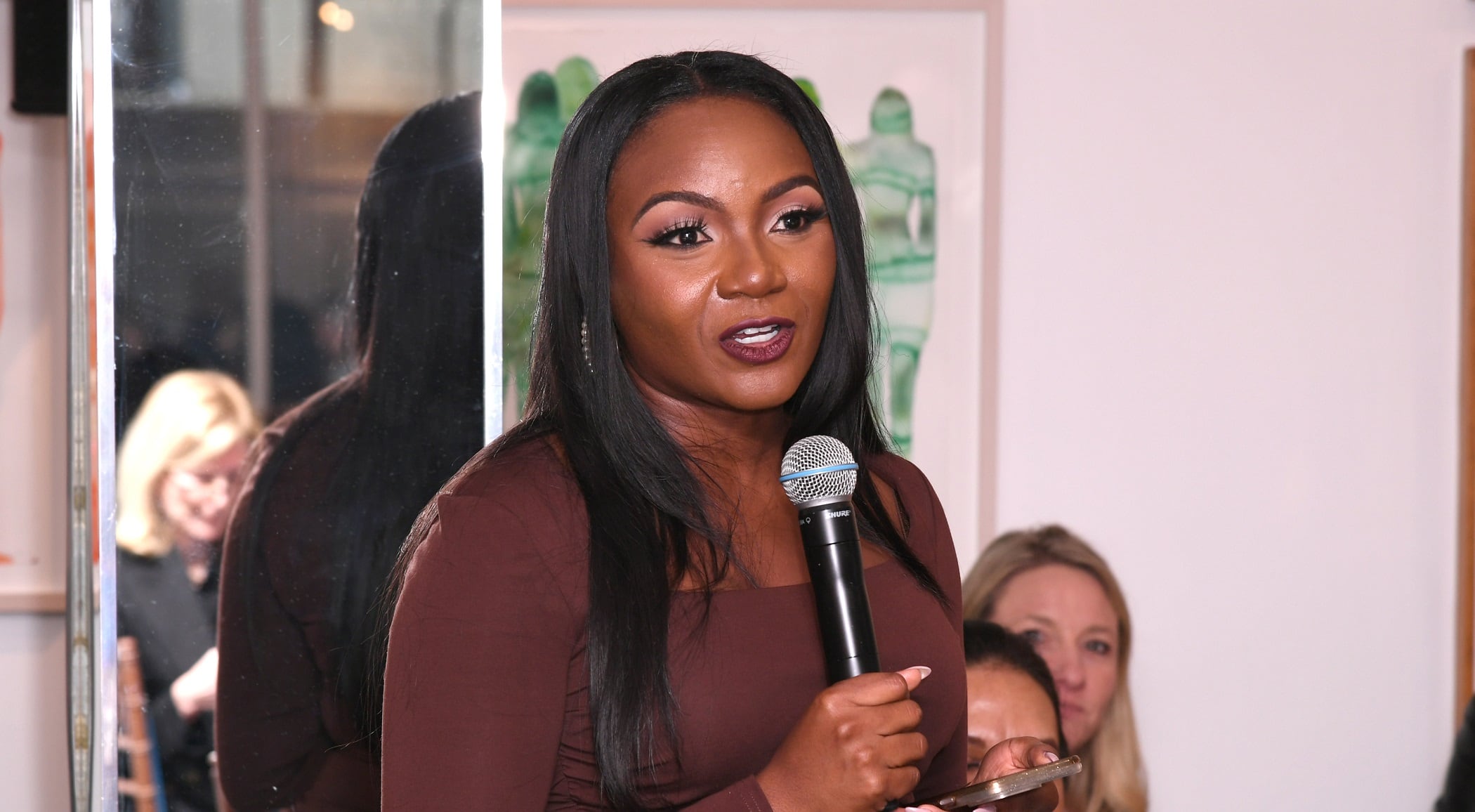As we celebrate Black History Month, Cheddar is highlighting prominent Black Americans who are carving their own historic paths and trailblazing in their industries. While Black History Month has become synonymous with reflecting on past achievements of Black Americans, it is important that we acknowledge today's historic feats as they happen.
More than 900,000 have died in the U.S. from COVID-19, but without the rollout of vaccines, scientists estimate an additional 1.1 million people could have succumbed to the virus. Hospitals would have been overrun with an extra 10.3 million people visiting for COVID-19 treatment if it was not for those life-saving vaccines and it's thanks, in part, to Dr. Kizzmekia Corbett, a Black American immunologist and an assistant professor at Harvard T.H Chan School of Public Health.
Corbett played an integral part in developing Moderna's mRNA-based two-dose COVID-19 vaccine, which led to a drastic drop in deaths across the globe. Her very public involvement with developing and designing the vaccine was also a major milestone for young scientists, particularly Black scientists, who, maybe, had not seen one of their peers ever step up into such a pivotal role.
"I felt like it was necessary to be seen and not to be a hidden figure so to speak," Corbett told ABC News. "I felt that it was important to do that because the level of visibility that it would have to younger scientists and also people of color who have often worked behind the scenes and essentially [who have] done the dirty work for these large efforts toward a vaccine."
Prior to the onset of the pandemic, Corbett, along with her team at the U.S. National Institute of Allergy and Infectious Diseases, had already designed a MERS vaccine that helps the body recognize spike proteins, a feature shared with the coronavirus that attaches to human cells. Once the body is familiar with the spike protein, the immune system is able to jump in and defend itself.
She told NBC there was pressure early on to utilize that design to help develop an effective vaccine against COVID-19.
"A lot of people are banking on us or feel that we have a product that could, at least, be part of the answer this world needs. And, well, whew, just saying that out loud is not easy," Corbett noted.
Another challenge Corbett stepped up to address was vaccine hesitancy among Black Americans and other communities of color — the same group that was disproportionately impacted by the pandemic. Historically, Black Americans have been wary of government-funded health studies, especially when it involved being jabbed with a vaccine. While vaccines typically take 10-15 years to develop, Moderna's COVID-19 shots were brought to market in under a year — adding to the concerns of those most impacted by the virus.
"For a long time, we left the general public on the outside of vaccine development, until it was time to give them their shot. And that's just unacceptable. I can't even blame anyone for being skeptical about this, because they don't have any idea what went into it," Corbett told science journal Nature. "I understand the intricate interlacing of science and health, particularly for disparities, and particularly for people of color. So it's near and dear to my heart."



